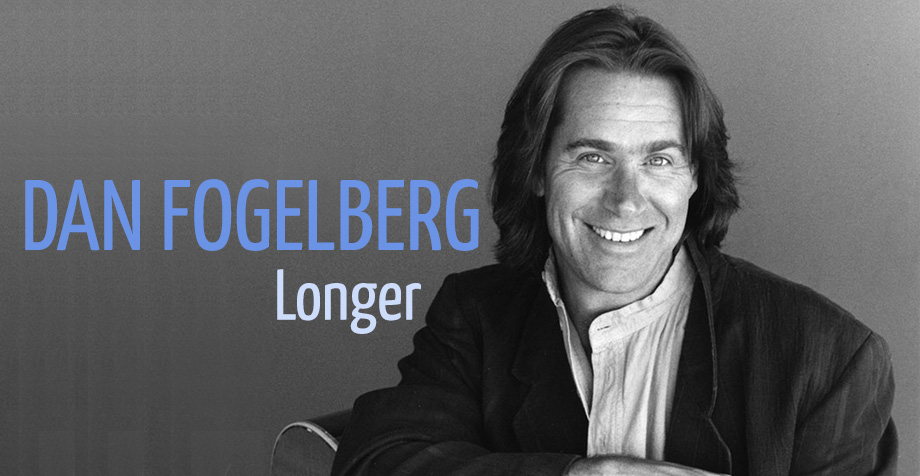
Exploring the Timeless Essence of Love in Dan Fogelberg’s “The Language of Love”
In the kaleidoscope of music that defined the 1980s, Dan Fogelberg stood out as a melodic storyteller, weaving narratives that resonated deeply with the human soul. One such narrative is beautifully encapsulated in his 1984 hit, “The Language of Love.” This track, nestled within the album Windows and Walls, not only captured the hearts of listeners but also found its place on the charts, peaking at number 13 on the Billboard Hot 100.
Fogelberg, known for his poignant lyricism and emotive voice, embarked on a journey through this song to explore a theme as old as time itself: love. But what makes “The Language of Love” particularly compelling is not just its exploration of romantic connections but its ability to articulate emotions that often transcend words. In a world where verbal communication can sometimes falter, Fogelberg suggests that love speaks its own dialect—a silent yet powerful language understood by all.
The backstory of this track is as intriguing as its lyrical content. Coming off the success of his previous works, Fogelberg was at a crossroads in his career during the early ’80s. The music landscape was shifting towards synth-driven pop and rock, yet he managed to retain his signature blend of folk-rock and soft rock elements. With “The Language of Love,” Fogelberg embraced these new musical trends without losing his authentic voice—a testament to his adaptability and artistic integrity.
As we delve into the song’s meaning, it becomes evident that Fogelberg was not merely penning a love song; he was crafting an ode to the universal experience of connection and understanding beyond spoken language. The lyrics paint a vivid picture of intimacy and unity, tapping into emotions that many listeners—especially those who have loved deeply—can relate to. It speaks to those moments when words fail us, and all that’s left is the profound bond we share with another person.
For listeners who first encountered this song upon its release or even those discovering it years later, “The Language of Love” serves as a reminder of their own romantic journeys. It’s evocative of late-night conversations, quiet moments shared with a loved one, and the unspoken promises exchanged between two souls. The nostalgic quality of Fogelberg’s music evokes memories and emotions long tucked away in the recesses of one’s heart.
Moreover, the musical composition itself deserves recognition. The gentle yet compelling blend of guitar riffs with synthesizer undertones creates an auditory experience that mirrors the complexity and beauty of love itself. The melody lingers in the mind long after the final note has played, much like how true love leaves an indelible mark on our hearts.
In essence, “The Language of Love” is more than just a song; it’s an exploration into what it means to connect with another person on a level that transcends mere words. It’s a timeless piece that continues to resonate with audiences today, inviting them to reflect on their own experiences with love and connection. For those who cherish music from yesteryears, Dan Fogelberg’s creation is not only a trip down memory lane but also a gentle reminder of the enduring power and mystery embedded within the language of love itself.